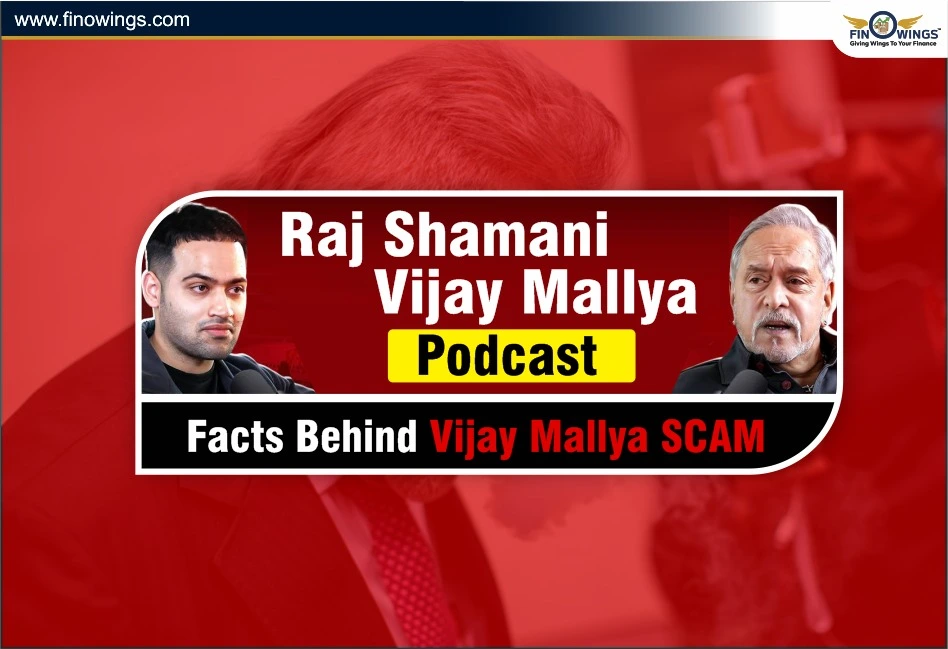Home >> Blog >> What are NINJA Loans? How It Works, Pros and Cons
What are NINJA Loans? How It Works, Pros and Cons

Table of Contents
What are NINJA Loans?
A loan is referred to as a NINJA loan if given to a borrower with little to no effort made by the lender to verify the borrower's ability to repay. "No income, no work, and no assets" is what it stands for. In contrast to other lenders, NINJA loans do not require borrowers to show proof of a reliable source of income or enough collateral.
NINJA loans were more prevalent before the financial crisis of 2008. The U.S. government released new laws in the wake of the crisis to enhance common lending standards throughout the credit industry, which included tightening the criteria for approving loans. As a result, NINJA loans are extremely uncommon, if not extinct.
How does a NINJA Loan work?
With conventional loans, the lending institution must conduct thorough due diligence on a potential borrower to determine that person's capacity to pay back the loan. The NINJA loan framework was one of the new methods that institutions started to develop to "more swiftly" make such loans because it is a complex and drawn-out process.
Loan Framework
1. Must reach a minimum credit score
According to the NINJA loan structure, the lending company would grant the loan based solely on the borrower's credit score, without further checks for assets or income.
In other words, you might get a NINJA loan if your credit score is high enough. But unfortunately, most of the loans were provided by subprime lenders, frequently pushing the minimum credit score lower.
2. Initial terms
NINJA loans frequently included an introductory rate, also known as a "teaser," to make the loan seem more alluring. However, as time passed, the interest rate on NINJA loans rose to reflect the risk the lender was taking.
3. Repayment of loans
Like conventional loans, NINJA loans had a predetermined repayment period that both the lender and the borrower had to agree upon. Lending institutions may pursue legal action to recover the debt if a borrower fails to make interest payments or repay the loan in full (known as defaulting), which may lower the borrower's credit score. In addition, it impacts a person's capacity to obtain a subsequent loan and, frequently, seized assets.
Example 1:
Mr. X is capable of repaying Rs.1,000 loan that is secured by a mortgage. In contrast, Mr. X has been given Rs.1,500 by the lender without the mortgage. As a result, the interest rate levied by the lender is higher than the going rate in the market.
As a result, the amount that Mr. X cannot afford, or Rs. (1,500-1,000), or Rs. 500, is the amount that carries the most risk because the borrower can pay Rs. 1,000.
Example 2:
Subprime lending was a significant factor in the 2008 financial crisis and the demise of Lehman Brothers in the United States. As a result, the corporation has extended an offer to customers who cannot pay the sum due to its successful operation.
The loan applications were not given the proper audits and verifications. As a result, it influences the economy in the form of a bubble, and when the bubble bursts, it hurts the Bank and the entire system, leading to its demise.
Advantages of NINJA Loans
NINJA loans, like any financial product, have the following benefits:
-
There are no paperwork issues.In contrast to conventional loan applications, NINJA loans were simple to process because they required credit score verification. Some borrowers found the speedy loan process appealing, especially those who lacked or did not want to create standard loan papers.
-
Made credit available to those who would not often be eligible. NINJA loans provided finance to people who would not be eligible for loans from standard banks. As a result, people could buy things they needed to survive, such as homes and cars.
-
As the lender does business with many clients who have registered their identities due to minimal verifications, more borrowers will guarantee lower marketing and sales costs for the lender.
-
If the loan is paid back on schedule, the business will continue to flow.
-
Because there is less documentation and the verification procedure is quicker, it's possible that the lender may be paid a higher interest rate. In addition, the loan likelihood is decreased because of the borrower's low credit score. Because there are a lot of risks involved with the loan's quality, the lender takes a chance and adds risk to the transaction by charging a higher interest rate.
-
When the overall economy is doing well, people have larger incomes and can afford higher interest rates on loans. In contrast, if the situation is reversed, the lender must place more emphasis on recovering the principal.
Disadvantages of NINJA Loans
-
People having a short-term credit score are the ones who are typically offered these loans. In addition, the amount of the mortgage is not included in the loans. Therefore, the repayment of these loans carries a greater degree of risk. Since there is a greater likelihood that the borrower may default, the risk involved is substantially higher.
-
NINJA loans feature a higher interest rate and no complete verification process. The lender is unsure of the borrower's income source and whether or not they will be able to make payments. Therefore, the likelihood of these loans becoming non-performing assets is the highest.
-
Small ticket sizes are OK for these types of loans, but larger amounts have a higher risk of default because the lender hasn't done a thorough background check on the borrower.
-
The total amount is at risk in the event of loan default, increasing non-performing assets. However, the lender can frequently recover a part of the loan's principal.
-
This type of loan is given when the lender has extra funds and wants to increase the interest rate to get a better investment return. A person with a stable income and solid credit will not consent to pay an interest rate greater than the market rate.
-
The lender will receive numerous proposals from various financial organizations simply because of his excellent credit history and capacity to repay the loan amount plus the current interest. Thus, aggressive lenders choose NINJA loans with greater risk-taking capacity to boost their return on interest.
NINJA loans and Financial Crisis
The government imposed stricter regulations on lenders, making loans more tightly regulated than before, with mortgage loans feeling the brunt of the changes. It was done in response to the 2008 financial crisis, exacerbated by a high rate of loan defaults and the subsequent crash in real estate values across much of the nation.
New criteria for lending and loan applications were established under the Dodd-Frank Wall Street Reform and Consumer Protection Act of 2010. The new regulations effectively eliminated NINJA loans by requiring lenders to gather more detailed information about potential borrowers, such as their credit scores and official documentation of their work and other sources of income.
Are NINJA Loans still available:
Due to stricter lending rules implemented in the wake of the 2008–2009 financial crisis, NINJA loans have mostly disappeared from the market in the United States.
The purpose of banks offering NINJA loans
Before the financial crisis, banks became opportunistic in their desire to make money by issuing mortgages. NINJA loans were initially created for borrowers who had trouble producing the necessary documentation to prove their assets and income, such as prior tax returns, because their income came from non-traditional sources where such documentation is difficult to come by, like tips or a personal business. Without any additional proof of the borrower's capacity to repay the loan, lenders frequently granted these loans to borrowers solely based on their credit scores.
What Additional Terms Apply to NINJA Loans?
Low-documentation loans, commonly referred to as "liar loans," fall under the category of NINJA loans, which stands for "no income, no job, and no assets."
NINJA Loans Alternatives
The ability to repay requirements and other new laws have made NINJA loans less prevalent. This law mandates that lenders independently verify borrowers' income and assets to ensure that borrowers have the resources to repay loans.
Lenders can issue "qualified mortgages," which are loans that meet particular government standards and do not contain clauses that are detrimental to borrowers, by adhering to the rules for income and asset verification.
An FHA loan is an additional option for homeowners because it demands less money as a down payment. Conventional mortgages are another option to consider. An ideal first step if you're unsure of how much you can borrow is to get a mortgage pre-approval. To find out what you could be eligible for, you can also speak to a loan officer at your Bank.
Conclusion
NINJA loans, common in the early to mid-2000s and didn't require any proof of employment, income, or assets, contributed to the housing bubble and subsequent collapse that coincided with the 2008–2009 financial crisis and the subsequent Great Recession. Since then, new laws have essentially put a stop to this practice.

















